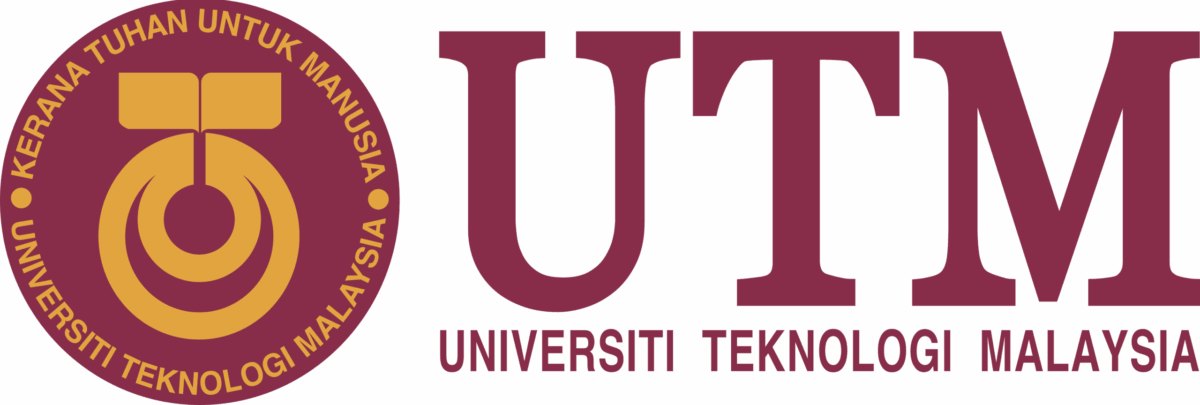By Shahabuddin Amerudin
Abstract
In the dynamic field of geoinformatics, the Bachelor of Science in Geoinformatics with Honours program at University Teknologi Malaysia (UTM) strives to prepare graduates with a diverse skill set. This in-depth review explores the Programme Learning Outcomes (PLOs) of the program based on the Malaysian Qualifications Framework (MQF) Second Edition. Each PLO is examined in detail, shedding light on how UTM equips students with the knowledge and skills needed for a successful career in the geospatial industry.
Introduction
Geoinformatics, a multidisciplinary field that merges geography, geospatial technology, and information science, is at the forefront of innovation in today’s data-driven world. With increasing demand for skilled professionals in this domain, the Bachelor of Science in Geoinformatics with Honours program at UTM has developed a comprehensive set of Programme Learning Outcomes (PLOs) to guide student learning and achievement. This review delves into each PLO, providing an in-depth analysis of its significance and impact.
PLO1: Knowledge & Understanding (KW)
The first PLO serves as the bedrock upon which students build their geoinformatics expertise. It requires students to develop a deep and nuanced understanding of the geospatial field, encompassing foundational concepts, principles, and theories. This knowledge equips graduates with the confidence to tackle complex geospatial challenges and fuels their ability to innovate in the field.
PLO2: Cognitive Skill (CG)
Building upon their knowledge, PLO2 focuses on developing students’ cognitive skills to apply theoretical concepts to practical geospatial problems. Graduates are not only expected to analyze and synthesize information but also to devise innovative solutions and implement them effectively. This cognitive agility is crucial in adapting to the evolving geospatial landscape.
PLO3: Practical Skill (PS)
In the modern geospatial industry, the ability to manage and analyze data is paramount. PLO3 ensures that students gain practical skills in data handling, analysis, and interpretation. Graduates are well-prepared to make data-driven decisions, a skill highly valued in both research and industry settings.
PLO4: Interpersonal Skills (IPS)
Effective collaboration is the cornerstone of success in the geospatial sector. PLO4 underscores the importance of interpersonal skills, enabling students to adapt to diverse geospatial industrial contexts. Graduates excel not only as individual contributors but also as valuable team members, fostering synergy and innovation.
PLO5: Communication Skill (CS)
In a field teeming with technical jargon, PLO5 hones students’ ability to communicate complex geospatial information effectively. Graduates emerge as adept communicators, capable of translating technical knowledge into accessible language for diverse audiences, including policymakers and the general public.
PLO6: Digital Skills (TH)
PLO6 acknowledges the centrality of technology in geoinformatics. It ensures that students are proficient in using the latest geospatial software and technology. Graduates can leverage these tools to manipulate, analyze, and visualize geospatial data efficiently, staying competitive in a tech-driven industry.
PLO7: Numeracy Skills (DS)
Geospatial professionals often encounter complex numerical data. PLO7 equips students with advanced numeracy skills to analyze numerical information rigorously. This proficiency empowers graduates to make informed decisions and draw accurate conclusions from data.
PLO8: Personal Skills (PRS)
The geospatial industry thrives on teamwork and multidisciplinary collaboration. PLO8 fosters personal skills such as leadership, adaptability, and effective communication within diverse teams. Graduates emerge as versatile professionals who can navigate complex group dynamics while nurturing leadership qualities.
PLO9: Leadership, Autonomy & Responsibility Skills (LAR)
The geospatial field evolves rapidly with technological advancements. PLO9 encourages students to embrace lifelong learning and adapt independently to the latest developments. Graduates exhibit the ability to lead and drive innovation within their organizations or research endeavors.
PLO10: Entrepreneurial Skills (ENT)
Recognizing the potential for entrepreneurial ventures within geospatial projects, PLO10 empowers students to identify and seize business opportunities. Graduates are equipped not only to contribute as employees but also to initiate and manage geospatial-related projects, fostering innovation and economic growth.
PLO11: Ethics And Professionalism Skills (ETS)
In an era marked by global challenges, PLO11 underscores the significance of ethical conduct and professionalism in the geospatial domain. Graduates are not only technically proficient but also ethically responsible professionals, equipped to address pressing global issues with integrity.
Conclusion
The Bachelor of Science in Geoinformatics with Honours program at University Teknologi Malaysia stands as a paragon of excellence in geospatial education. The Programme Learning Outcomes (PLOs) are meticulously designed to equip students with a multifaceted skill set, ensuring their preparedness for a dynamic and demanding geospatial industry. These PLOs foster a deep understanding of the field, nurture critical thinking and practical skills, promote effective communication, and emphasize ethical and professional conduct. Graduates of this program emerge as well-rounded geospatial professionals, ready to tackle the challenges and opportunities of the modern world.

